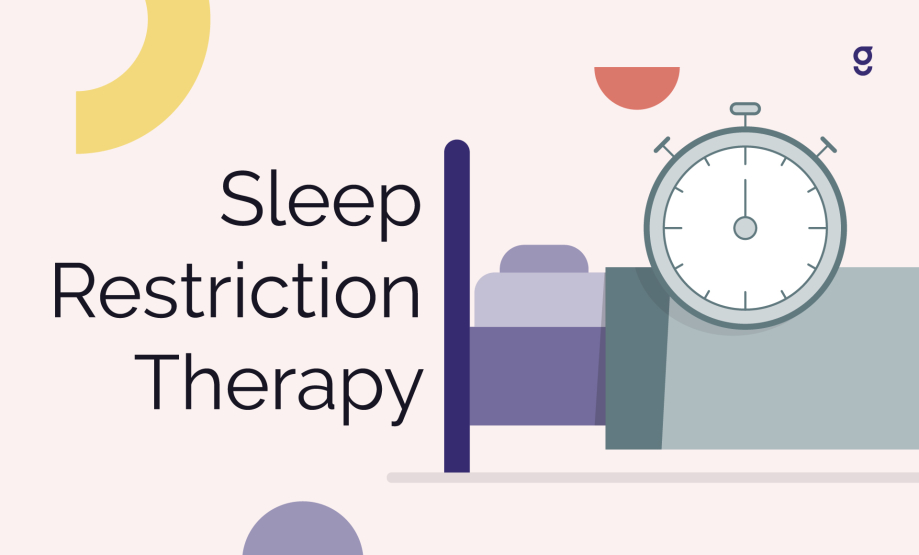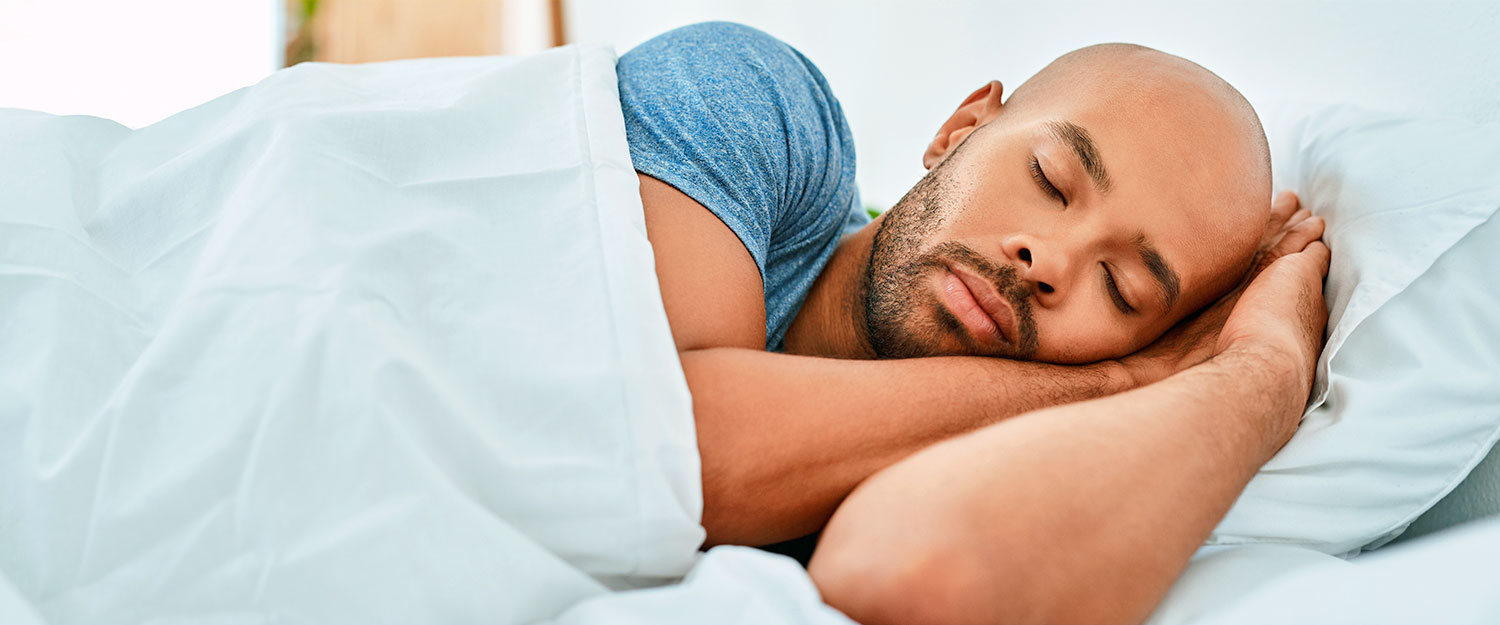Cognitive Behavioral Therapy for Insomnia (CBT-I) - Proven Approaches
Cognitive Behavioral Therapy for Insomnia (CBT-I) - Proven Approaches
Blog Article
Efficient Treatment Solutions for Taking Care Of Rest Disorders and Enhancing Relaxing Rest
In the world of healthcare, the administration of rest conditions and the pursuit for relaxing rest are essential components of total well-being. As we navigate the elaborate landscape of rest problems and seek to improve our rest experience, a much deeper understanding of these treatment remedies might hold the trick to opening an extra relaxing and fulfilling restorative trip.
Cognitive Behavior Treatment for Sleep Problems (CBT-I)
Cognitive Behavioral Treatment for Sleeping Disorders (CBT-I) is an organized, evidence-based therapy strategy that concentrates on dealing with the underlying aspects adding to rest disruptions. This sort of treatment intends to change behaviors and thoughts that worsen sleeping disorders, eventually advertising healthy and balanced sleep patterns. CBT-I commonly entails numerous key components, including cognitive therapy, rest limitation, stimulation control, and rest health education.
Cognitive therapy aids people determine and alter adverse idea patterns and ideas regarding sleep that may be preventing their capacity to drop or remain asleep. Sleep limitation involves limiting the amount of time invested in bed to match the person's real rest duration, therefore raising sleep performance (sleep deprivation help). Stimulus control strategies aid establish a strong association in between the bed and rest by urging people to visit bed just when sleepy and to avoid involving in promoting activities in bed
Furthermore, rest hygiene education and learning concentrates on developing healthy and balanced rest behaviors, such as keeping a consistent rest schedule, creating a relaxing bedtime regimen, and maximizing the sleep setting. By resolving these aspects comprehensively, CBT-I offers an effective non-pharmacological treatment for managing insomnia and enhancing overall sleep high quality.
Sleep Hygiene Practices
Having developed the foundation of cognitive restructuring and behavioral modifications in resolving sleep problems through Cognitive Behavioral Treatment for Insomnia (CBT-I), the focus currently shifts in the direction of exploring vital Sleep Health Practices for maintaining optimal sleep top quality and general wellness.
Sleep health practices include an array of routines and environmental aspects that can dramatically impact one's capacity to drop asleep and remain asleep throughout the evening. Constant sleep and wake times, creating a relaxing bedtime routine, and maximizing the sleep atmosphere by keeping it dark, quiet, and cool are critical parts of good rest health. Limiting direct exposure to displays before bedtime, staying clear of stimulants like caffeine near to bedtime, and taking part in regular exercise during the day can likewise promote much better sleep high quality.
In addition, practicing relaxation techniques such as deep breathing workouts or reflection before bed can help relax the mind and prepare the body for rest. By including these rest health methods into one's everyday regimen, people can establish a healthy sleep pattern that supports relaxing sleep and overall wellness.
Leisure Techniques and Mindfulness
Applying leisure strategies and mindfulness techniques can play a pivotal duty in promoting a sense of calm and advertising high quality sleep. Additionally, assisted images can assist transfer people to a calm area in their minds, aiding in stress and anxiety decrease and enhancing rest top quality.
Mindfulness practices, such as meditation and yoga exercise, are also effective in promoting leisure and enhancing sleep. Mindfulness urges individuals to their website stay present in the moment, letting go of stress over the past or future. By integrating these methods right into a bedtime routine, individuals can signal to their bodies that it is time to prepare and relax for rest. On the whole, incorporating leisure methods and mindfulness practices can substantially add to taking care of rest conditions and improving total rest quality.

Medication Options for Rest Disorders
After checking out leisure techniques and mindfulness practices as non-pharmacological interventions for enhancing rest top quality, it is vital to consider medicine options for people with sleep conditions. In instances where lifestyle modifications and therapy do not give sufficient relief, medicine can be an important device in handling sleep disturbances.
Generally suggested drugs for rest problems consist of benzodiazepines, non-benzodiazepine hypnotics, antidepressants, and melatonin receptor agonists. Benzodiazepines, such as diazepam, are sedatives that can help induce sleep, yet they are generally advised for short-term use due to the threat of dependancy. Non-benzodiazepine hypnotics like zolpidem are also used to deal with sleep problems and have a reduced danger of dependence contrasted to benzodiazepines. Antidepressants, such as trazodone, can be beneficial for individuals with co-occurring clinical depression and sleep disruptions. Melatonin receptor agonists, like ramelteon, target the body's all-natural sleep-wake cycle and can be valuable for controling sleep patterns.
It is critical for individuals to talk to a doctor to establish the most appropriate drug alternative based upon their specific rest problem and medical history.
Light Treatment for Body Clock Guideline
Light treatment, likewise referred to as photo-therapy, is a non-invasive treatment approach utilized to control body clocks and enhance sleep-wake cycles. This therapy includes direct exposure to bright light that simulates all-natural sunshine, which assists see post to reset the body's inner clock. By revealing individuals to specific wavelengths of light, typically in the early morning or evening relying on panic attacks in sleep the preferred impact, light treatment can successfully change the body clock to promote wakefulness throughout the day and enhance restful sleep during the night.
Research study has actually revealed that light therapy can be particularly valuable for people with circadian rhythm conditions, such as delayed rest stage syndrome or jet lag. It can also be useful for those experiencing seasonal affective disorder (SAD), a kind of depression that generally takes place during the winter months when all-natural light direct exposure is minimized. Light therapy is typically well-tolerated and can be used in combination with other treatment techniques for rest disorders to maximize results and improve overall sleep top quality.
Verdict
Finally, effective treatment solutions for managing sleep problems and boosting relaxed sleep include Cognitive Behavioral Treatment for Sleep Problems (CBT-I), rest health techniques, leisure methods and mindfulness, medicine choices, and light therapy for circadian rhythm guideline. These methods can assist individuals enhance their sleep quality and total health. It is necessary to seek advice from with a medical care company to figure out the most suitable strategy for resolving sleep issues.
As we browse the complex landscape of sleep problems and seek to boost our sleep experience, a deeper understanding of these treatment solutions may hold the secret to unlocking a much more rejuvenating and meeting restorative trip.
Rest limitation includes limiting the quantity of time spent in bed to match the individual's actual rest duration, therefore enhancing rest effectiveness. Regular rest and wake times, developing a relaxing bedtime regimen, and enhancing the rest setting by maintaining it dark, quiet, and cool are important parts of good sleep health. Light treatment is typically well-tolerated and can be made use of in conjunction with other therapy methods for rest problems to maximize outcomes and boost overall sleep top quality.

Report this page